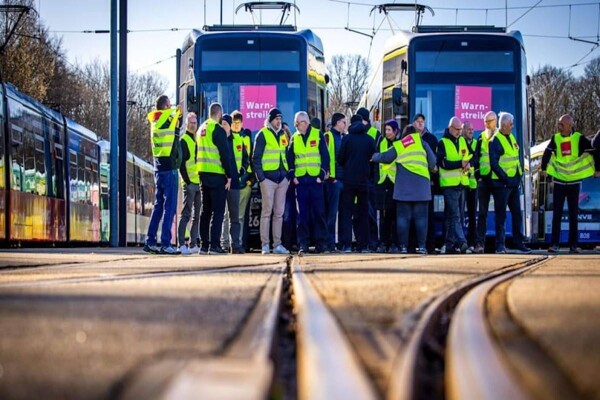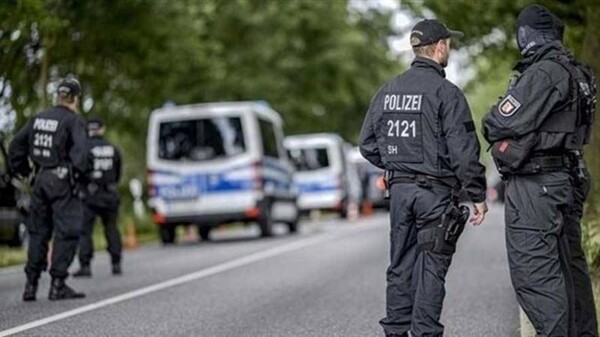
The environmental agenda, which played a predominant role among the concerns of Germans in the 2021 campaign, today has been moved to fourth place, after concerns such as the economy, immigration, and foreign policy. These elections were held in the context of an economic recession, migration tensions, and geopolitical challenges, factors that influenced the vote of an increasingly polarized society. However, its dependence on China and the United States makes it vulnerable to trade tensions. The unemployment rate remains at 5.7%, according to the Federal Employment Agency of Germany.
Germany, the fourth-largest economy in the world, faces structural challenges beyond the current situation. In 2024, the German GDP contracted by 0.3%, marking two consecutive years of recession. The industrial sector, which represents 22% of GDP, suffered due to high energy costs and global competition. Germany is the third-largest exporter globally, with goods worth 1.56 trillion euros in 2023. The possible formation of an interim government, due to political fragmentation, could delay the implementation of urgent measures to revitalize the economy.
The elections in Germany are held amid an economic recession, migration tensions, and geopolitical challenges. Additionally, Germany's dependence on exports to the United States and China makes it vulnerable to global trade tensions. Its government, which emerged from the legislative elections of September 26, 2021, was led by an unprecedented coalition of three parties, known as the "traffic light coalition." But from the beginning, differences were evident, and these finally erupted in November over a dispute regarding the easing of Germany's debt rules, which caused the liberals to exit. The threat of tariffs from Donald Trump, who is seeking re-election in 2024, adds uncertainty to the landscape. The new German government will have to address multiple challenges: economic revitalization, review of immigration policies, and firm positioning in geopolitics.
In the general elections in Germany, the conservative bloc (CDU/CSU) led by Friedrich Merz won with 28.5% of the votes. Meanwhile, the far-right Alternative for Germany (AfD) ranks as the second force. In contrast, the Social Democrats (SPD) of Chancellor Olaf Scholz obtained the worst result in all elections to the Bundestag.
The Greens, current government partners, achieved 11.6%, and the Left improved its results with 8.8% of the votes. Voter turnout was high, at 82.5% of the electorate, 6.2 points above the last elections of 2021. The preliminary official results will be fully known this Monday to accurately calculate the seats corresponding to each party and the possible resulting coalitions. Thus, the formation of a new government that addresses the economic and political challenges presented in Germany and at the European level is expected.














